In the bustling world of professional kitchens, the importance of maintaining cookware cannot be overstated. Among the myriad of tools at a chef's disposal, cast iron stands out for its durability and ability to enhance flavors. After using cast iron on induction cooktops, proper storage becomes crucial to prolong its life and maintain its performance. This article will guide you through the best practices for storing cast iron after induction use.
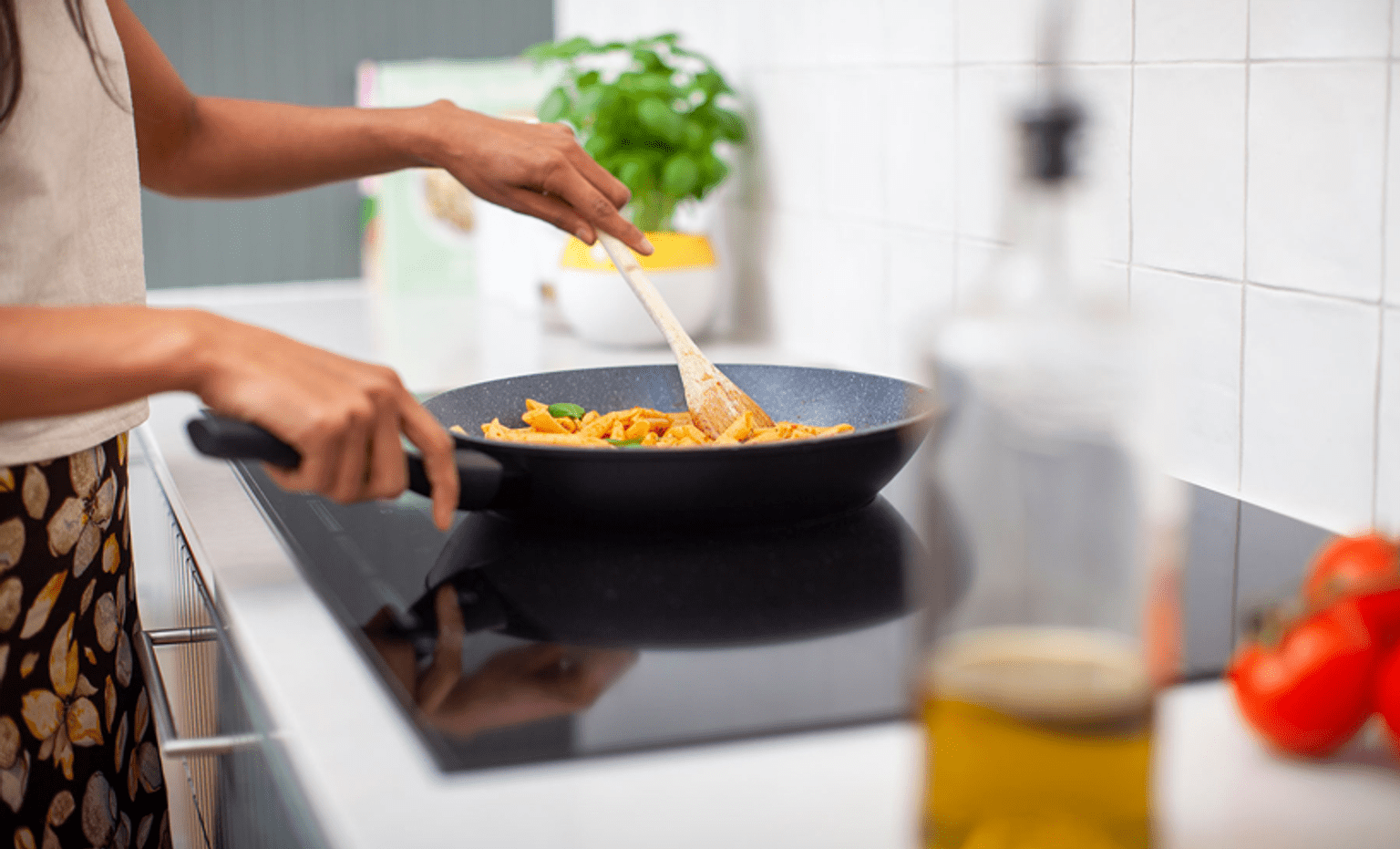
The Significance of Proper Storage
Storing cast iron correctly is key to preserving its non-stick surface and preventing rust. After using cast iron on an induction cooktop, it is important to ensure the cookware is completely dry before storing. Moisture is the enemy of cast iron, as it can cause rust, which not only affects the cookware's appearance but also its cooking efficiency.
For those unfamiliar with how cast iron interacts with induction cooktops, it's a fascinating synergy of technology and tradition. Induction cooking is energy-efficient and provides precise temperature control, making it ideal for professional kitchens. However, the process of heating and cooling can create condensation. Hence, drying the cast iron thoroughly is the first step in effective storage.
Cleaning and Drying Techniques
After cooking, allow the cast iron to cool slightly before cleaning. Use a soft sponge or brush with mild soap to clean the surface. Avoid abrasive materials that can damage the seasoning. Once cleaned, dry the cast iron immediately with a towel and then place it on a low flame to evaporate any remaining moisture. This step is crucial in preventing rust formation.
For detailed cleaning methods, you might find this cast iron soap washing guide helpful.
Seasoning: The Secret to Longevity
Seasoning is what gives cast iron its non-stick properties and protects it from rust. After drying, apply a thin layer of vegetable oil or melted shortening to the entire surface of the cookware, including the bottom and handle. Place it upside down in the oven at 350F (175C) for about an hour. This process allows the oil to polymerize, creating a protective layer.
Regular seasoning not only maintains the cookware's surface but also enhances its performance over time. For more in-depth insights on maintaining your cookware, check out sizzling platter cooking tips.
Choosing the Right Storage Environment
The environment where you store your cast iron is just as important as the cleaning and seasoning processes. Store your cookware in a dry, cool place to avoid moisture buildup. If possible, hang the cast iron to ensure proper air circulation around it, which helps in keeping it dry and rust-free.
For those working in professional settings, having a dedicated storage area for cast iron ensures that it remains in top condition for everyday use. Consider storage solutions that allow for easy access while keeping the cookware protected from potential damage.
Additional Tips for Kitchen Professionals
Professional chefs know that every piece of equipment in the kitchen is an investment. Here are some additional tips to ensure your cast iron stays in pristine condition:
- Avoid stacking cast iron cookware directly on top of each other. Use a cloth or paper towel in between to prevent scratches.
- Inspect your cast iron regularly for signs of rust or damage. Early detection makes restoration easier.
- Educate your kitchen staff on proper handling and storage techniques to ensure everyone is on the same page.
For a comprehensive understanding of how to protect your cookware, refer to protect glass cooktop tips.
Conclusion
In conclusion, storing cast iron after induction use requires attention to detail and a commitment to best practices. By following the steps outlined in this article, kitchen professionals can ensure their cast iron remains a reliable tool in their culinary arsenal. Proper storage not only extends the life of your cookware but also enhances the quality of the dishes you create.
For more on maintaining cast iron cookware, explore this cast iron guide.
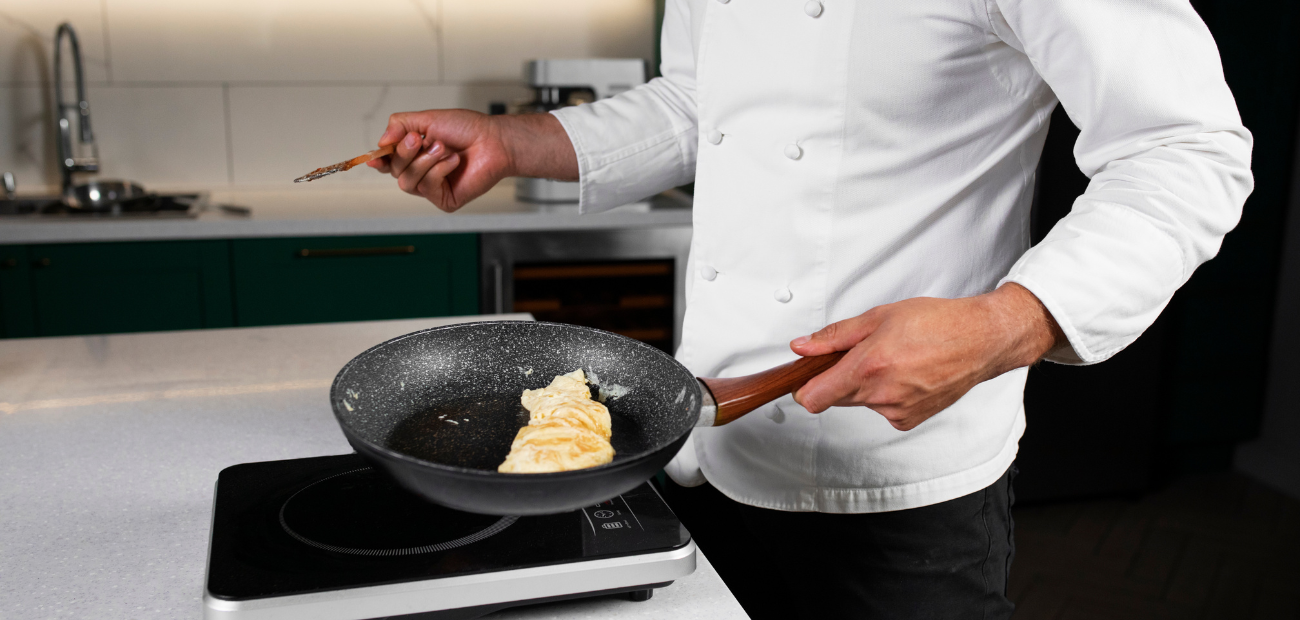
FAQ
How can I prevent rust on my cast iron?
Ensure your cast iron is thoroughly dried and seasoned after each use. Store it in a dry environment and avoid prolonged exposure to moisture.
Is it necessary to season cast iron after every use?
While not necessary after every use, regular seasoning is recommended to maintain the non-stick surface and prevent rust.
Can I use soap to clean my cast iron?
Yes, mild soap can be used to clean cast iron. Avoid abrasive materials and ensure the cookware is dried thoroughly after washing.

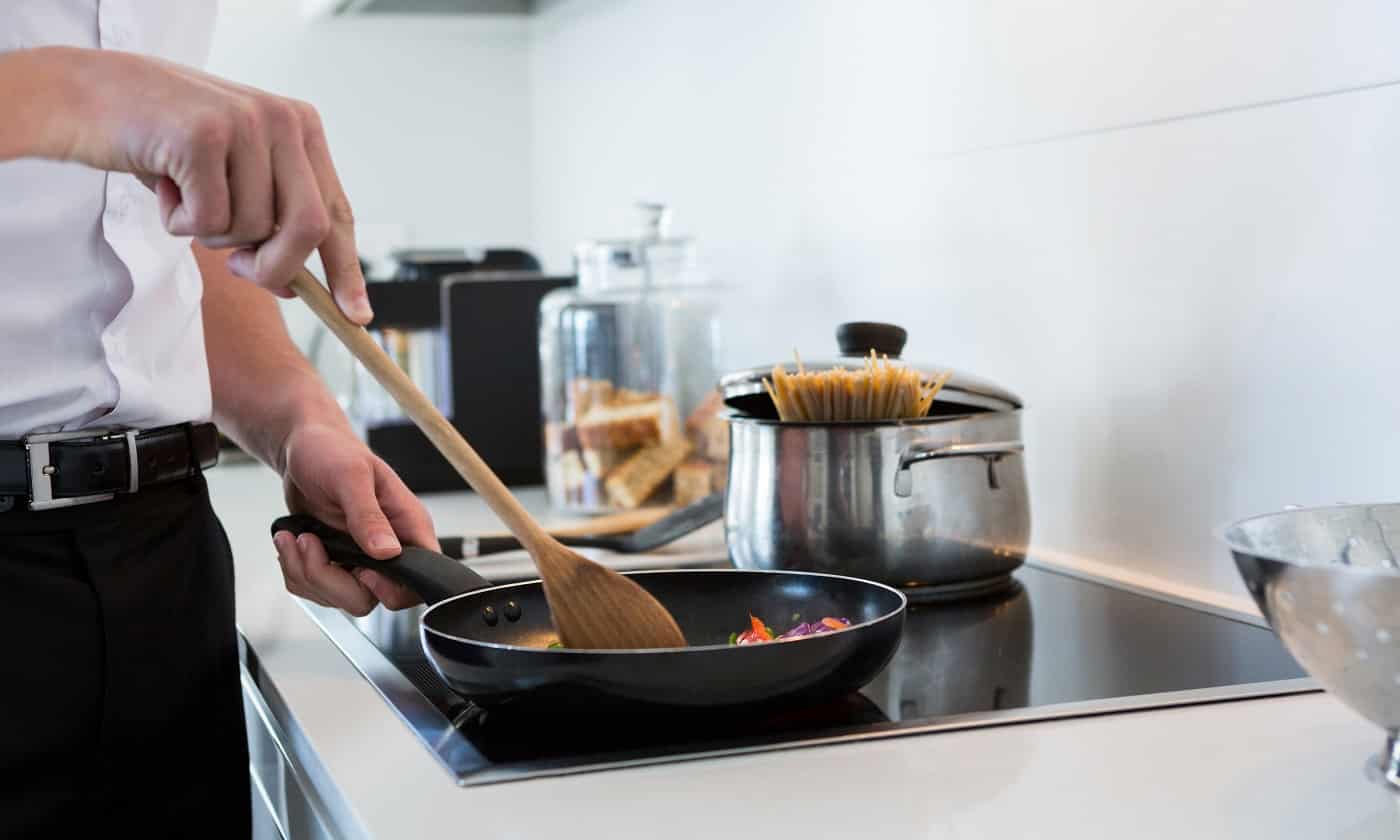


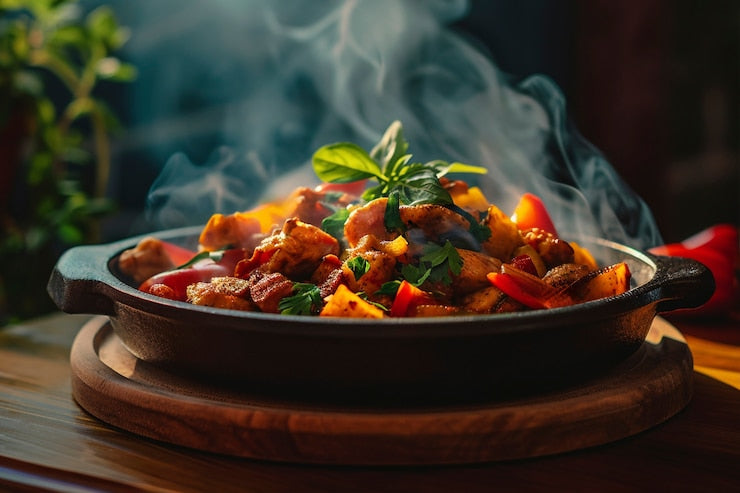
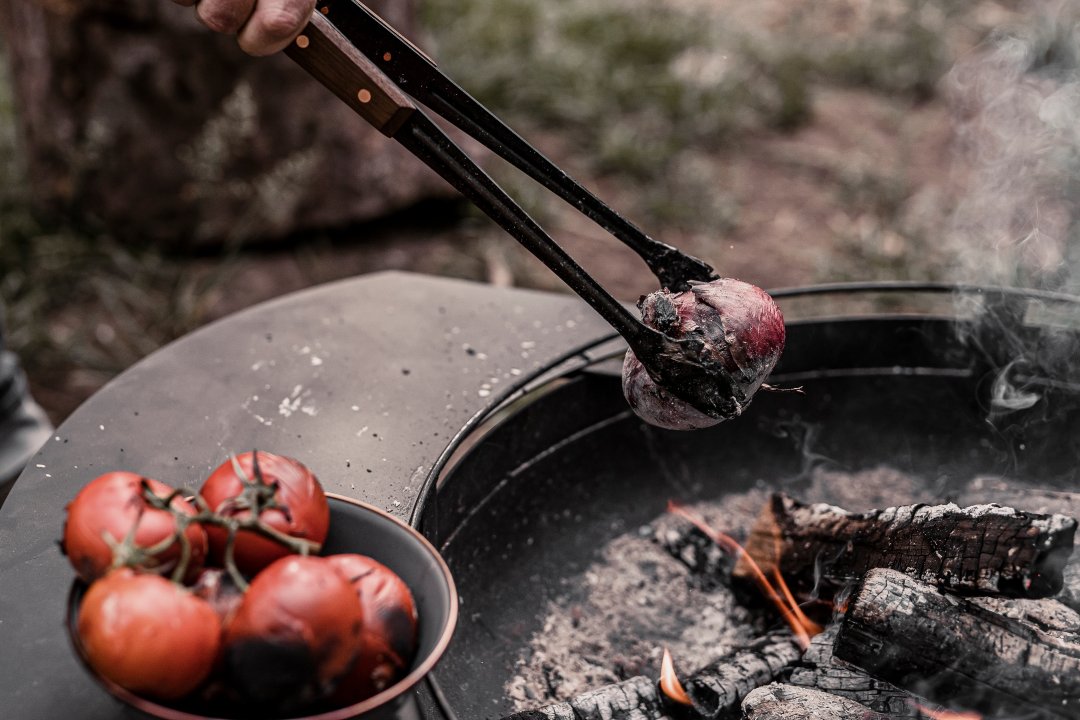
Leave a comment
This site is protected by hCaptcha and the hCaptcha Privacy Policy and Terms of Service apply.